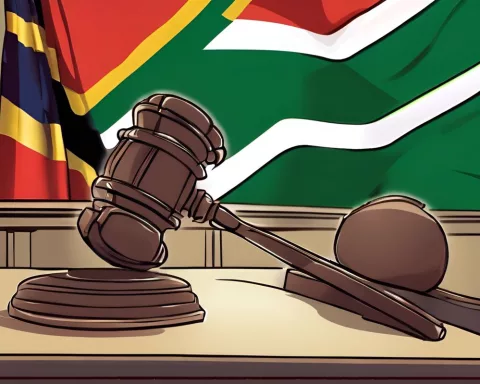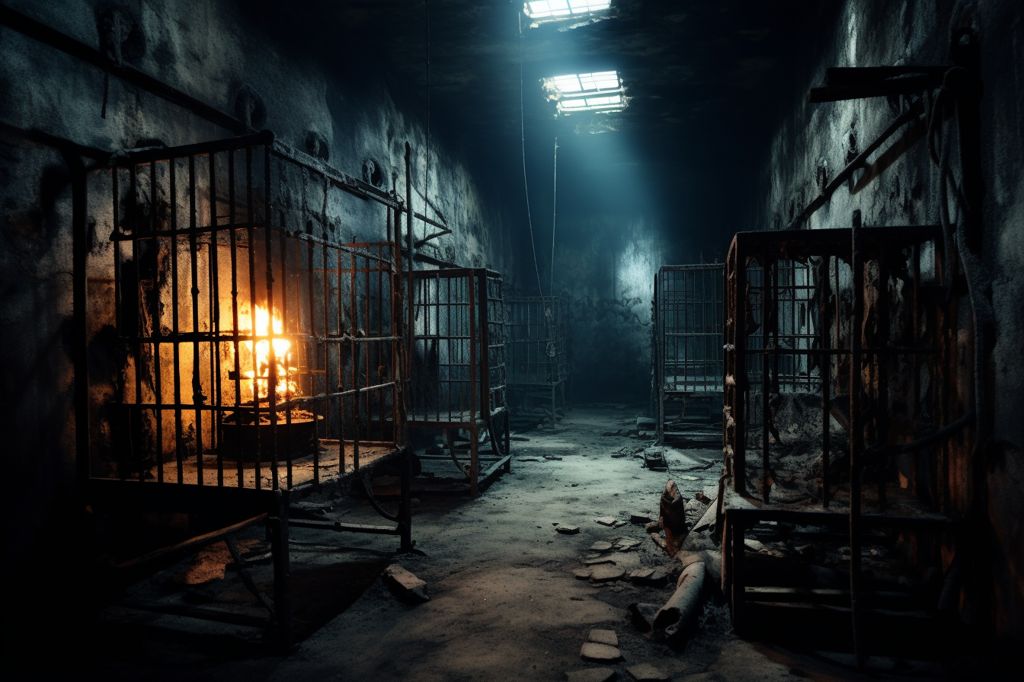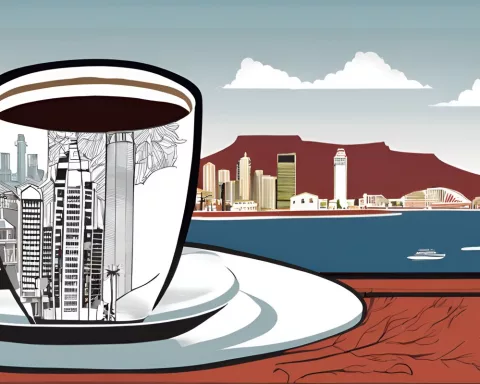The ongoing taxi strike in Cape Town has been marked by violence and unrest, lasting for six days. This situation requires a joint effort from the city government and taxi operators to work together towards a resolution, putting the wellbeing of the city’s residents, especially children unable to attend school, as a priority.
Cooperation Needed
Transport Minister Sindisiwe Chikunga has requested for the immediate release of impounded taxis, and the police minister, Bheki Cele, urges both parties to put aside their differences and cooperate to resolve the issue. The recent violence has resulted in five deaths, ten burnt golden arrow buses, and incidents of looting, stone-throwing, and vandalism. These violent acts are affecting ordinary citizens, and the reluctance to engage in negotiations is creating further disruption.
Active Response
While the United Kingdom has issued a travel warning due to the high-security threat posed by the taxi strike, authorities have been responding to the situation actively. The police have arrested 120 suspects for damaging property, looting, and public violence since the protests escalated. Investigation of all reported acts of violence is ongoing.
Importance of Collective Effort
It is critical for the Cape Town government, taxi operators, and stakeholders to work together to restore peace and order as the ongoing crisis threatens public safety and the city’s economy. Constructive dialogue that addresses the root causes of the conflict and devises a strategy to prevent similar occurrences in the future is required.
Broader Implications
The stakes are high, with the taxi strike potentially deterring tourists, which could have significant repercussions for a sector that Cape Town heavily relies on. It demands empathy, understanding, swift action, clear communication, and a willingness to compromise, considering the broader implications and the potential for lasting damage.
Responsibility of All Stakeholders
The human cost of the conflict should not be forgotten, and all stakeholders should be responsible for bringing about a resolution. Cape Town’s government and taxi operators must heed the calls for cooperation and unity, working tirelessly to restore peace and stability to the city before the situation spirals further out of control.












